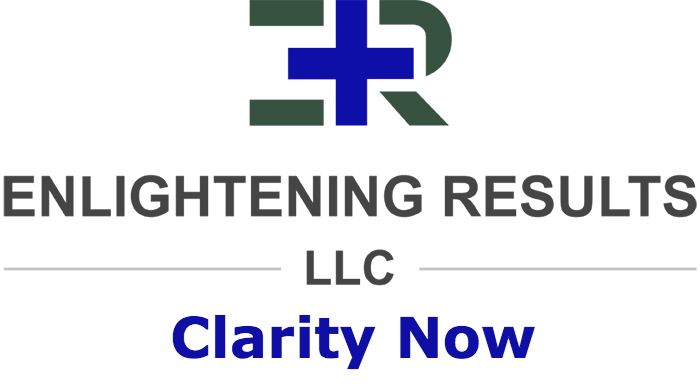“Is the patient terminal?” the receptionist asked matter-of-factly.
Terminal. I found myself stumbling across the word. Such an inanimate, cold, empty word. Newark airport popped into my mind. Terminal is a word used to describe the part of the airport your flight is departing from or arriving at, not to describe an incredibly delicate, devastating place in a person’s life with a cancer diagnosis.
“No, this person is not terminal. This person is suffering. This person has advanced cancer and is struggling with managing treatment-related side effects, pain, and anxiety.” We would like to schedule a new patient appointment to see a palliative care specialist.” I said.
“We don’t do that here. Talk to the oncologist. That’s their job. We only see patients who are terminal.”
Terminal. I double checked the number I dialed. Did I call the wrong number? Sure enough, this was the number to the hospital’s palliative care department.
I pushed back and inquired further, “This patient needs support in addition to what the oncology team is doing. Treatment has had an immense impact on his quality of life. He needs mental health and nutritional support as well as help with managing pain that’s been poorly controlled. The family needs emotional and spiritual support.”
“Ma’am, the only thing we do here is offer invasive treatments, like injections and nerve blocks. We don’t accept any other patients. Feel free to call us back when the patient is terminal.” The call ended.
I felt gutted and equally frustrated. (And for the record, I wouldn’t call them back even if the patient entered the end of their life.)
As an advocate who has had the privilege to walk beside so many patients, family included, throughout their lives with cancer, there is no denying the difference palliative care makes. Well managed treatment side effects as well as challenges from multiple co-morbidities, nutritional counseling, mental health, emotional, and spiritual support, and open conversations on advanced care planning and end-of-life wishes are the difference between cancer care and life-focused care.
I see the suffering people go through at home during treatment. Many are afraid to say anything to their doctors and care team. Their treatments were described to them upfront as generally “well tolerated”. Stigma, shame, and fear of being judged are real.
When you’ve been vomiting around the clock even with anti-emetics, dragging yourself to the bathroom with diarrhea, and unable to eat because of the dozens of mouth sores that make eating shards of glass seems like child’s play, you feel like a failure for not handling “well tolerated” treatment well. Patients write down notes about their side effects, make tallies of the times they’ve gotten sick, jot down what they’ve ate in hopes of mustering up the courage to bring it up at their next follow-up appointment. But you see, so many don’t make it to the next follow-up appointment because they end up in the ER one night when their body simply couldn’t take it anymore. They collapse from dehydration, malnutrition, fatigue, and the hell that is cancer. It’s a horrible, helpless situation for both the patient and family.
If we can treat a cancer aggressively, why can’t we treat the person just as aggressively with life-focused care? Palliative care needs to be incorporated earlier in treatment planning and be a holistic extension of the care team. This does not take away from the work of the oncology team but only enhances it.
The majority of cancer care and recovery happens at home. Palliative care can’t be only offered within the traditional walls of medicine on an appointment basis when one is “terminal”. Palliative care needs to be offered at the new point of care: where the patient is. There is no doubt that digital tech needs to be leveraged to enhance cancer care, to improve quality of life at home, to support the carepartners and family, and to proactively managed treatment-related side effects.
Palliative care needs to rebrand and refresh. It’s not just for those at the end of their life. It’s not just for invasive procedures. It needs to leverage technology to meet patients where they are. It needs to be recognized as life-focused care. Not feared as the end of the road.
When I came across the opportunity to apply as an e-Patient Ambassador for the Coalition for Compassionate Care of California, where they incubate and share models to improve access to quality care at the local, state, and national level, I jumped at the chance. I’m thrilled to have been selected as 1 of 5 new e-Patient Ambassadors* from across the US working towards improving palliative care, for not only patients with cancer, but for all people. I am eager to immerse myself in the pioneering work being done to elevate patient care. I look forward to bringing my lived experiences and expertise to the discussions. I am eager to collaborate to make technology play a greater role in palliative care.
*The CCCC project is funded through Patient-Centered Outcomes Research Institute® (PCORI®) Eugene Washington PCORI Engagement Award #8621-CCCC.

